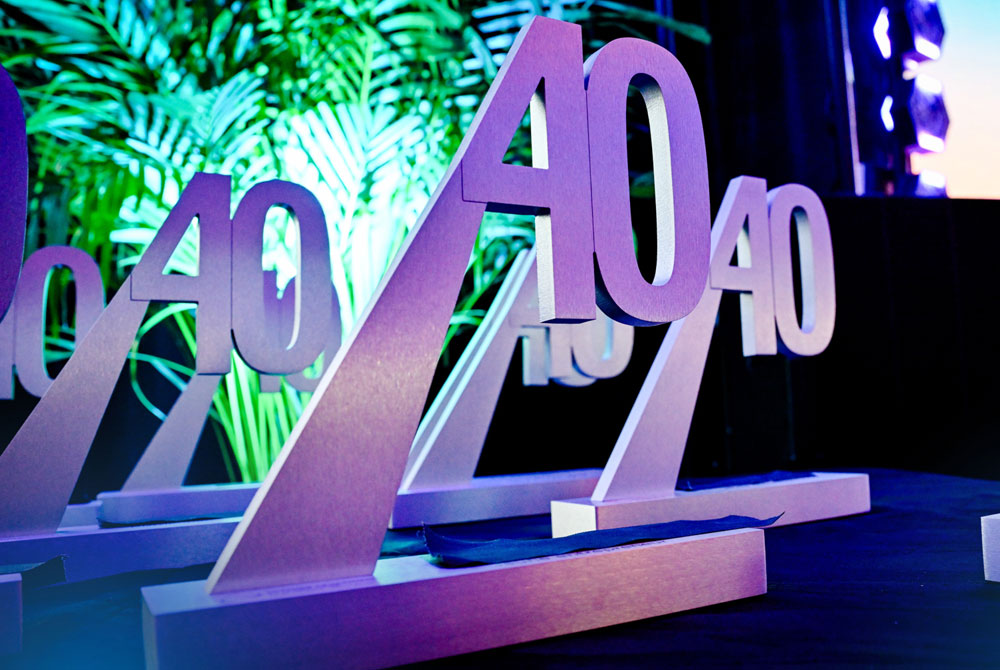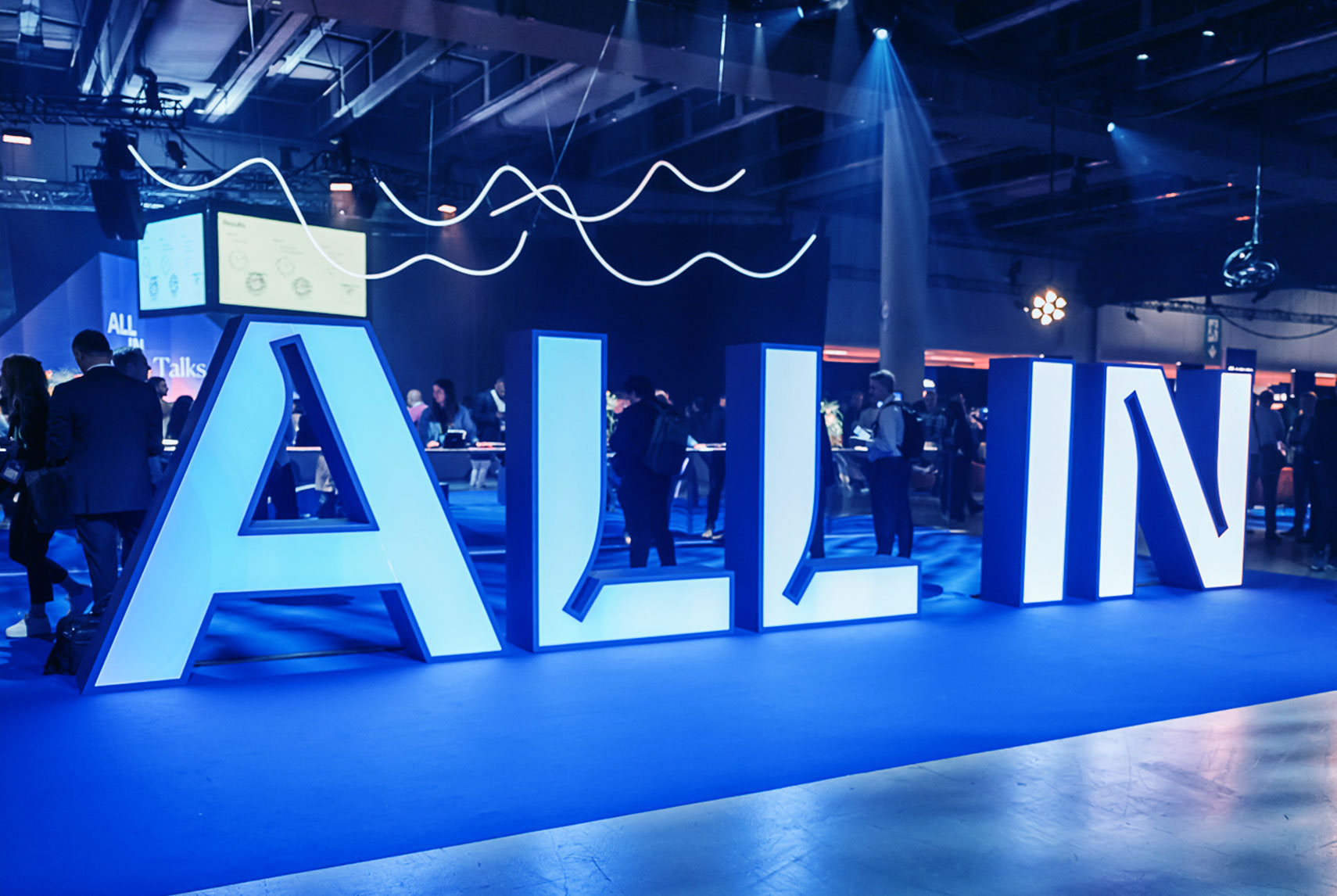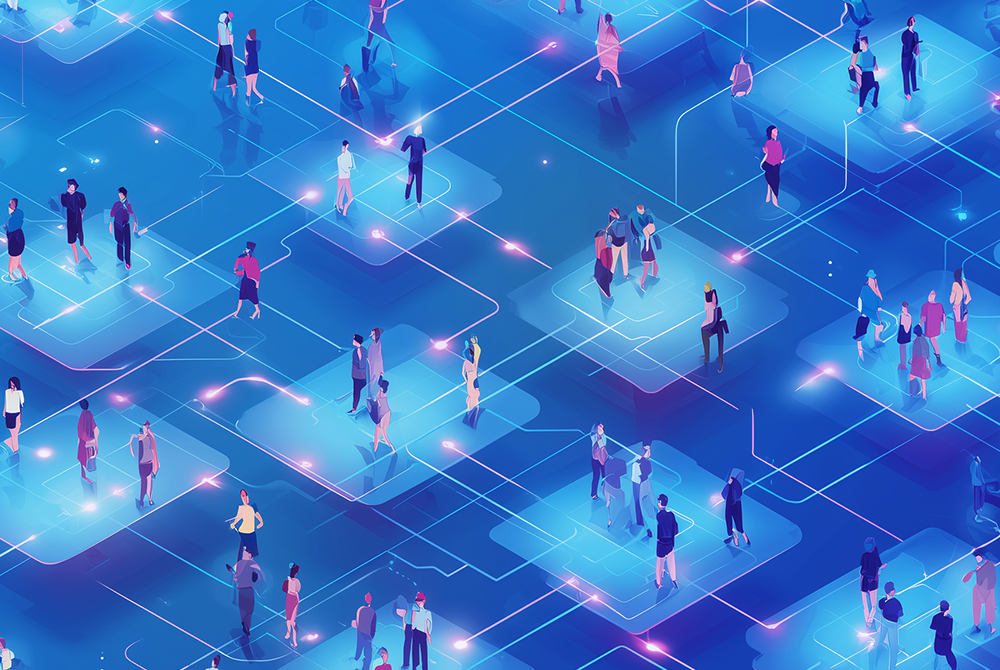As a Senior Data Scientist at KPI Digital, I’ve had the chance to work with some truly forward-thinking clients, and one of them is a major player in Canada’s advanced manufacturing sector. They were facing a challenge that’s becoming all too common: keeping their workforce skills aligned with the changing demands of the industry.
Despite having a talented team, they found that their traditional methods for workforce planning and development were struggling to keep up. They needed more than just a snapshot of where they stood—they needed a clear roadmap for the future. That’s where our team came in. They asked us to help them get a better understanding of their current skills and, more importantly, to anticipate what they’d need down the road.
We worked closely together to develop a suite of AI models designed to tackle these challenges head-on. Our goal was to give them the tools to not only identify existing skill but also to predict and plan for future needs. Here’s how we did it.
Leveraging AI to Identify Skill Gaps
The first step was to get a clear picture of their current workforce skills and extract future in-demand requirements from the surveys. We employed advanced machine learning, transformers, and natural language processing (NLP) to analyze job descriptions and align them with National Occupation Codes (NOC) and data from the Occupational and Skills Information System (OaSIS). This allowed us us to extract current competencies and identify future skills using data from the Labour Force Survey (LFS) provided by our client. By integrating both current and future competency information, our solution provided valuable insights into skill gaps, allowing us to pinpoint existing deficiencies and predict which skills would be in demand as the industry evolved. This was a prime example of ai innovation in action.
For example, we were able to show them that while their team was strong in traditional manufacturing skills, there was a growing need for expertise in areas like robotics and data analytics. This kind of insight was crucial for them to plan effective upskilling programs that would keep their team competitive.
Enriching Job Descriptions for Consistency
Another hurdle they were facing was inconsistency in job descriptions. Different departments had different ways of defining the same roles, which made it hard to get a clear view of what skills were actually needed. To tackle this, we developed the Duty-Competency Converter (DCC) AI model. This tool helped align their job descriptions with industry standards.
The DCC model broke down job duties into categories like skills, personal attributes, abilities, and knowledge. By doing this, we helped them create a standardized view of their workforce’s capabilities, making it easier to identify where improvements were needed and to plan for the future.
Predicting Future Skill Demands
The most exciting aspect of the project was developing the Future Skill Mapper AI model, designed to replace the traditional labour force survey module. By harnessing the power of large language models (LLMs) within a Retrieval-Augmented Generation (RAG) framework, the Future Skill Mapper offers a cost-effective alternative to conventional survey methods. Unlike surveys, which can be expensive and limited by geographic and industry constraints, this AI-driven solution taps into existing research data and advanced machine learning techniques to predict emerging skill demands without the time and cost burdens of traditional approaches. This was an example of AI in assessment being used to predict trends that would otherwise be missed.
This allowed our client to see, for example, that demand for certain tech skills would likely surge in the next few years. Equipped with this information, they could proactively plan training programs and recruitment efforts, instead of scrambling to fill gaps as they appeared.
The Impact: Preparing for Tomorrow
It’s been incredibly rewarding to see the impact of this project. By using these AI-driven insights, our client is now better equipped to stay ahead of industry changes and keep their workforce ready for whatever comes next. It’s a great example of how AI can be a game-changer, not just for manufacturers, but for any organization looking to future-proof its team. This is where data strategy consulting comes into play, ensuring that companies can leverage data effectively to shape the future of their workforce.

Soroosh Ghorbani
Soroosh Ghorbani is a Senior Data Scientist at KPI Digital, with over a decade of experience in AI, machine learning, and data science. He has successfully designed and implemented innovative AI-driven solutions across a variety of industries. With expertise in deep learning and cloud platforms, Soroosh is dedicated to leveraging emerging technologies to drive business success. A collaborative problem-solver, he thrives in team environments, sharing his knowledge and working toward impactful results. His hands-on experience spans programming, cloud environments, and advanced data science techniques, making him a go-to expert in the field.
Connect with Soroosh on LinkedIn





